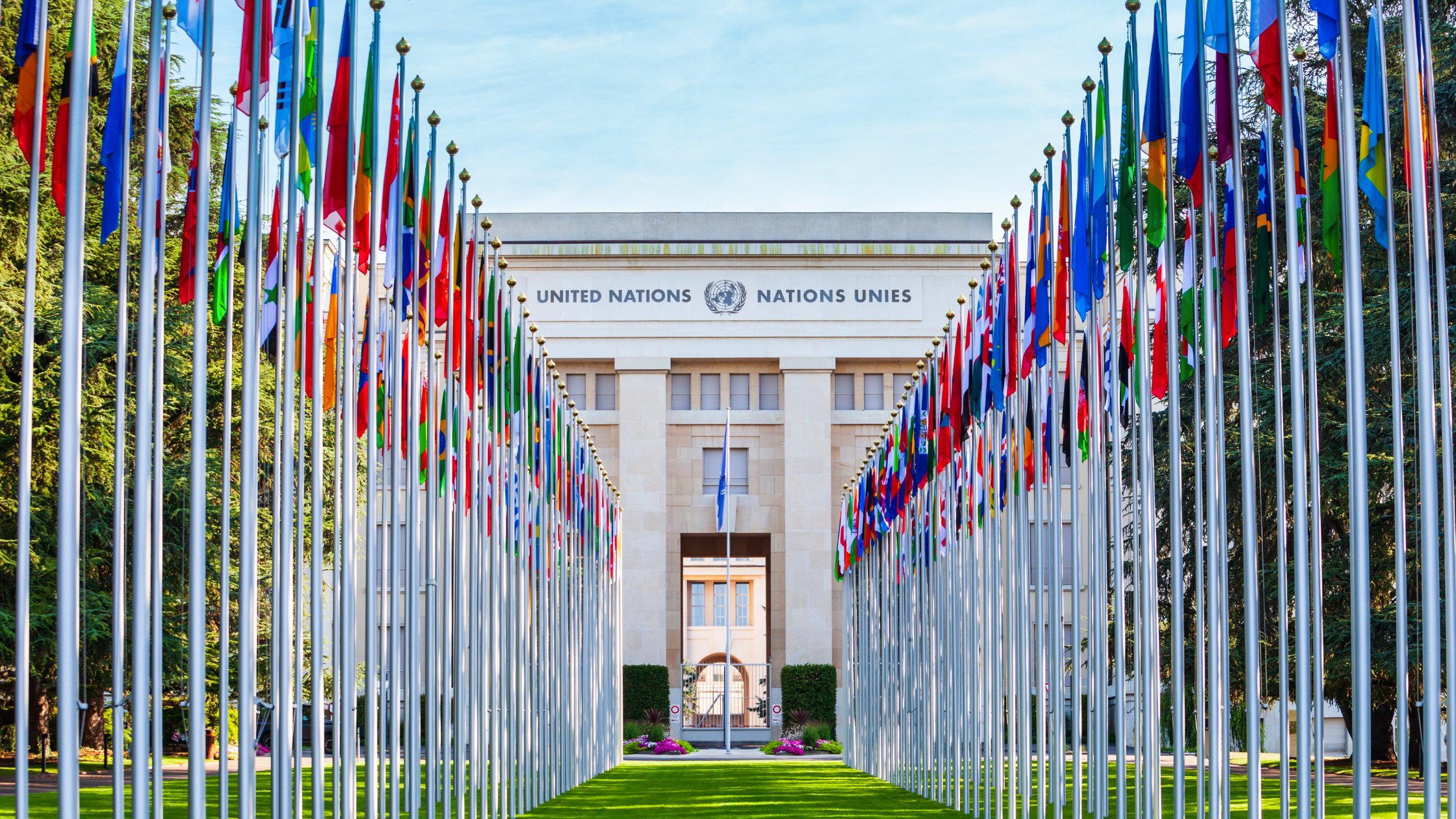
Climate Week and the Climate Ambition Summit: underwhelming policies, but signs of change on the horizon?
Last week’s concurrent New York City Climate Week and UN-convened Climate Ambition Summit promised tough talk and concrete, “credible plans and policies” to keep Paris Agreement targets alive ahead of COP28 in Dubai, but delivered surprisingly few solid commitments or ground-breaking developments – particularly from wealthier, highly-polluting nations.
Greeted by a 75,000-strong protest, the week got off to an inauspicious start, which was then compounded by news from the UK that Prime Minister Rishi Sunak planned to water down net-zero targets. Despite the lack of definitive action, the week threw up a series of interesting talking points, which could turn out to be defining themes in the years ahead…
Wealthy nations are held accountable
UN Secretary-General António Guterres took the bold step of leaving the US, UK, China, Russia and India off the guestlist, who jointly account for more than half the world’s greenhouse gas emissions (while the bottom 100 nations account for just 2.9%) and have recently been accused of climate negligence as they continue to finance new oil and gas exploratory projects.
This left the stage free for a new vanguard of climate leaders.
Brazil, under new President Lula da Silva, has sought to improve their environmental credentials following his predecessor Jair Bolsonaro’s disastrous policies, including reducing deforestation by 66% this year and aiming to halt Amazon deforestation by 2030. In addition, the Lula administration upgraded their emissions reduction target to 53% – up from 43% previously. Question marks remain over Lula’s oil exploration ambitions, but progress has been rapid since he took office.
Thailand also pledged a similar emissions commitment, increasing its reduction targets from 30% to 40%.
African nations – represented by Nigerian President Bola Tinubu – voiced concerns over the growing impact of climate change on the continent. It follows September’s Africa Climate Summit in Nairobi, which led to the creation of a joint statement known as the Nairobi Declaration calling for a global carbon tax regime.
We also saw the Pacific Islands exert a significant influence that belied their comparatively tiny geographic size. The Pacific Small Island Developing States (PSIDS) committee renewed calls for financial help for Pacific Islands to realise the development of the UN SDGs, while the Marshall Islands – who play an influential role in global shipping – pledged to join the Beyond Oil and Gas Alliance. The sprawling chain of volcanic islands and coral atolls will now commit to ending oil and gas licensing and ending production of these fossil fuels.
While these targets, pledges, and commitments are at present limited in terms of turning the climate change dial, this could be the first signs of traditionally less vocal countries beginning to grasp the climate initiative.
UN SDGs inch forward
The UN Sustainable Development Goals (SDGs) have been in the headlines recently for all the wrong reasons and Guterres billed SDGs as a key concern – urging G20 leaders ahead of the summit to commit to a stimulus of at least $500bn per year to ensure their realisation. Just 15% of SDG indicators and targets are on track and global progress in 2022 was static for the third year in a row, according to a UN report.
Kicking off the UN’s General Assembly was the SDG summit, during which a “Political Declaration” was signed. While the commitment was largely inconsequential due to its intangibility and lack of time constrictions, the very fact it was signed is positive as the UK and other nations previously blocked it with negotiations continuing to prove tricky at the summit.
However, the declaration was eventually passed. And any progress is good news in the fight to achieve the SDGs ahead of the 2030 deadline.
The UK also separately pledged over $500m – a drop in the ocean compared to the estimated $4tn finance gap between less economically developed and more economically developed nations – but this step perhaps signals the first green shoots of more concerted action towards achieving the SDGs.
Green tech investment a priority
While wealthy nations had to be corralled into supporting developing nations, green tech was inundated with fresh investment commitments.
HSBC pledged $1bn in investment to develop climate tech startups and innovations as it aims to achieve net-zero financed emissions by 2050. Amazon also committed $10m to decarbonise road freight in developing and emerging economies, while Ikea also pledged $20m in funding to aid the energy transition in Indonesia, Vietnam, and South Africa.
The growing role of private capital – apt given the summit took place in the financial heart of the US – was emphasised throughout as well with legislation passed to improve US corporate emissions transparency and a final set of Taskforce on Nature-related Financial Disclosures (TNFD) recommendations announced.
Is this the beginning of greater collaboration with national governments as private capital takes an increasingly prominent climate action position in the years ahead?
Nothing concrete, but change on the horizon?
While the dual summits failed to live up to Guterres’ billing of coming up with bold, new solutions to stop the climate crisis “spinning out of control,” as “humanity has opened the gates of hell,” we may have seen the first tentative signs of a new climate action era.
As developing and emerging markets become frustrated with the perceived inaction of developed economies, the halfway point in the SDG lifecycle perhaps sparking belated but welcome action, and the corporate world taking increased responsibility in reducing emissions, we may have just witnessed a subtle, but paradigm shift in the fight against climate change.


